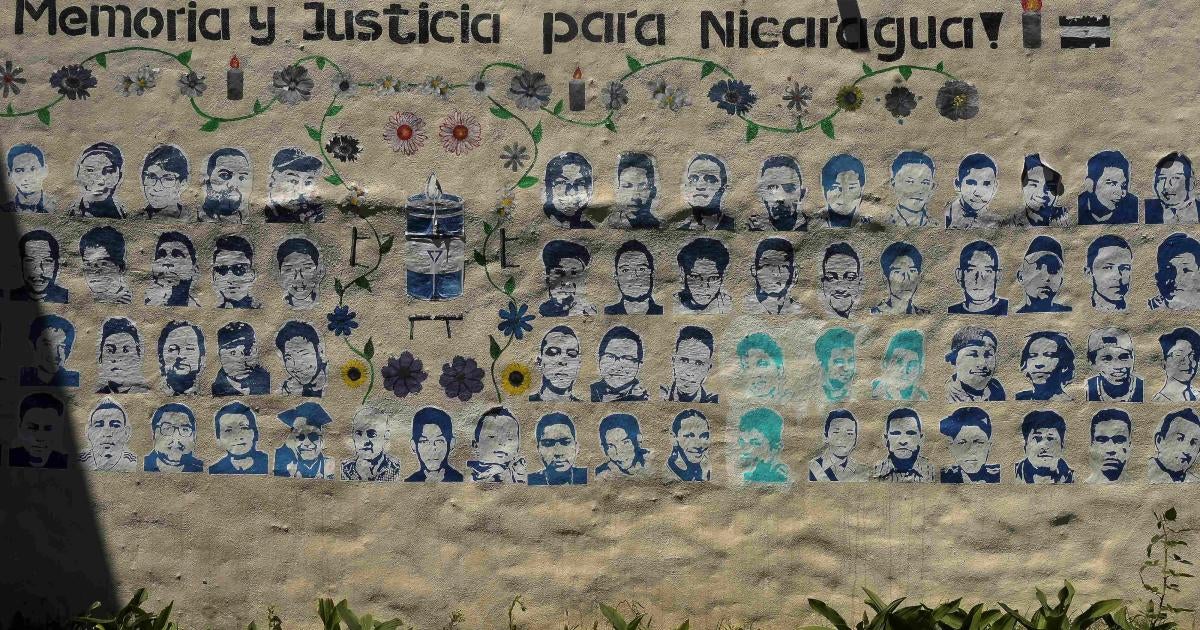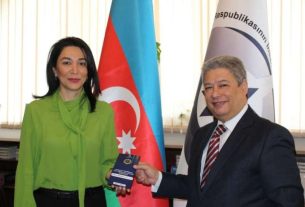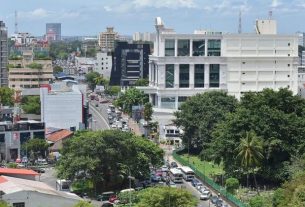(Brussels) – Governments from the Americas and Europe should prioritize the human rights situation in Nicaragua during the upcoming European Union – Community of Latin American and Caribbean States (EU-CELAC) summit, 160 Nicaraguan victims said today in a letter co-signed with 29 national, regional, and international human rights organizations. Governments should establish a Group of Friends of the Nicaraguan People to ensure cross-regional, high-level efforts to restore democracy in the country.
Signatories to the letter include Nicaraguans in exile and former political detainees from diverse sectors, as well as 20 Nicaraguan human rights organizations and 9 international and regional rights groups. Among them are prestigious writers, such as Sergio Ramirez and Gioconda Belli; renowned journalists, including Carlos Fernando Chamorro; former political prisoners, such as Felix Maradiaga, Medardo Mairena, Dora Maria Tellez, and Juan Sebastian Chamorro; and human rights defenders, like Bianca Jagger and Tamara Davila.
“The escalating human rights crisis in Nicaragua requires a strong and meaningful response from democratic governments in Latin America and Europe,” said Juanita Goebertus, Americas director at Human Rights Watch. “Leaders from the Americas, together with the EU and its member states, should establish a Group of Friends of the Nicaraguan People that effectively coordinates the international response toward Nicaragua and pushes for a democratic transition in the country.”
Since a brutal crackdown on protesters in April 2018, President Daniel Ortega has targeted anyone perceived as a government critic. Signatories include dozens of Nicaraguans who have suffered for years from government abuses. Many have been arbitrarily detained, prosecuted, expelled, and deprived of their nationality and assets.
A report released in early March by the United Nations Group of Human Rights Experts on Nicaragua found reasonable grounds to conclude that the authorities have committed crimes against humanity, including murder, imprisonment, torture, sexual violence, forced deportation, and persecution on political grounds.
Sixty-four people remain arbitrarily detained, according to local rights groups, including Bishop Rolando Álvarez, an outspoken government critic. The government has also dramatically restricted civic space, including by applying repressive legislation to cancel the legal status of over 3,500 nongovernmental organizations. No international monitors have been allowed to enter the country since the government expelled the Inter-American Commission on Human Rights and the Office of the High Commissioner for Human Rights in late 2018.
Several governments in Latin America, as well as the European External Action Service (EEAS), have publicly condemned the Nicaraguan government abuses. However, the international response has so far lacked the necessary coordination and sustained effort to effectively push for the release of the remaining political prisoners, accountability, and steps toward recovering democracy, the groups and individuals said in the letter.
Latin America governments should lead efforts to create a Group of Friends for the Nicaraguan People that contributes to a transition toward democracy. The Group of Friends should conduct high-level meetings to design, in consultation with Nicaraguan civil society groups and other relevant stakeholders, a strategy to exert concerted pressure, privately and publicly, to curb abuses, provide pathways to accountability, and push for free and fair elections.
“Latin American and European governments need to come together to agree on a united approach on the crisis in Nicaragua,” said Goebertus. “The people of Nicaragua have no time to lose.”



